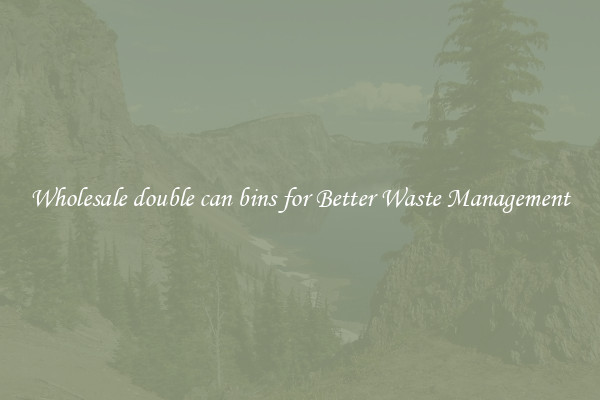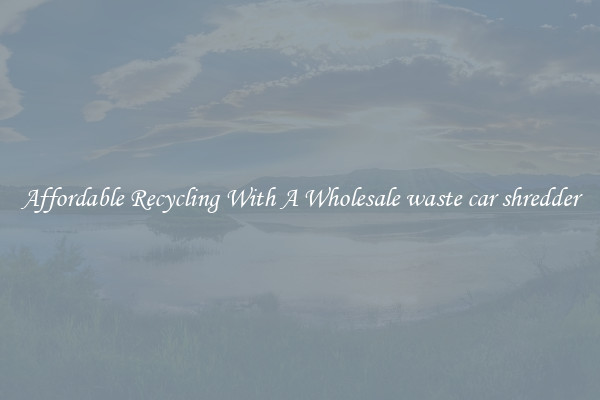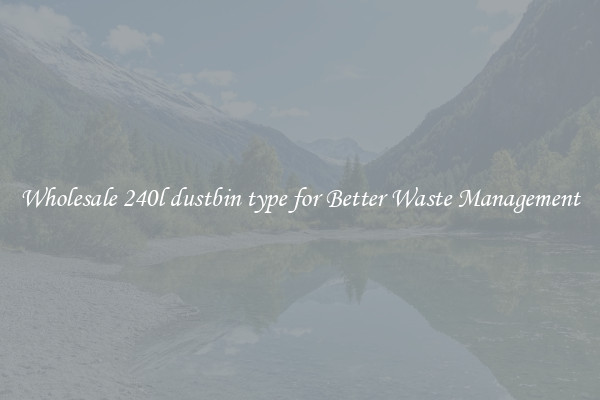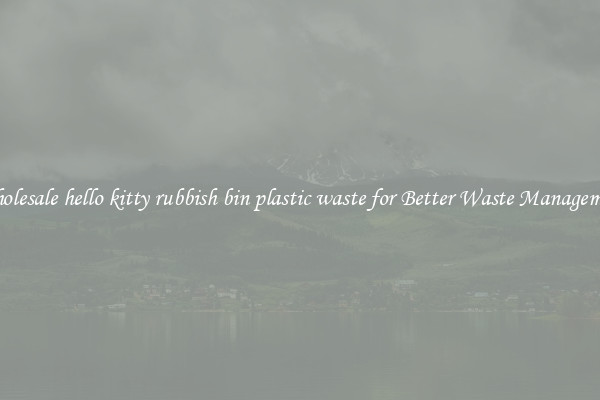waste coal ash, waste coal ash Suppliers and Manufacturers
Waste coal ash is a byproduct of the coal burning process in power plants. It is estimated that for every ton of coal burned, approximately 0.5-1 ton of coal ash is generated. This waste material has been a significant environmental concern due to its potential to contaminate soil, water, and air if not properly managed. However, waste coal ash can also be recycled and used in various industries, making it a valuable resource.
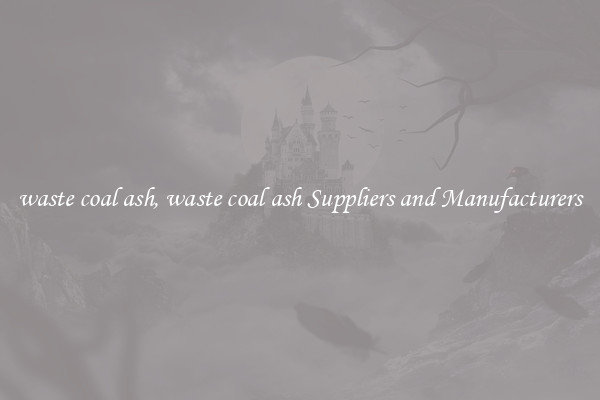
Suppliers and manufacturers play a crucial role in the recycling and utilization of waste coal ash. They collect, process, and transform this waste material into useful products that can be used in construction, agriculture, and other sectors. These suppliers ensure that waste coal ash is managed in an environmentally responsible manner, reducing its adverse effects on the ecosystem.
One of the primary uses of waste coal ash is in the construction industry. It can be used as a substitute for cement in concrete production, a material known as "coal ash concrete." This concrete has several advantages over traditional cement-based concrete, including improved durability, reduced shrinkage, and enhanced resistance to chemicals. Manufacturers who specialize in coal ash concrete offer a more sustainable and eco-friendly alternative to conventional construction materials.
In addition to the construction sector, waste coal ash is also utilized in agriculture. This byproduct contains various trace elements like potassium, phosphorus, and calcium that can enrich soil fertility. It has been successfully used as a soil amendment or additive in agricultural practices. Waste coal ash suppliers provide farmers and gardeners with an affordable and effective method to improve soil quality and enhance crop yields.
Furthermore, waste coal ash can be used in the manufacturing of building materials such as bricks, tiles, and ceramics. When incorporated into the production process, it helps to improve the structural strength and thermal insulation properties of these products. Manufacturers that utilize waste coal ash in their manufacturing processes contribute to the reduction of environmental impact associated with traditional manufacturing methods.
To ensure the quality and safety of waste coal ash products, suppliers and manufacturers adhere to rigorous testing standards and stringent quality control measures. They work closely with regulatory bodies and research institutions to develop innovative applications and promote sustainable waste management practices.
In conclusion, waste coal ash, though traditionally considered a waste material, holds significant potential for recycling and reuse. Suppliers and manufacturers play a vital role in transforming this waste product into valuable resources for various industries. By finding innovative ways to utilize waste coal ash and ensuring responsible waste management practices, they contribute to a more sustainable and eco-friendly future.
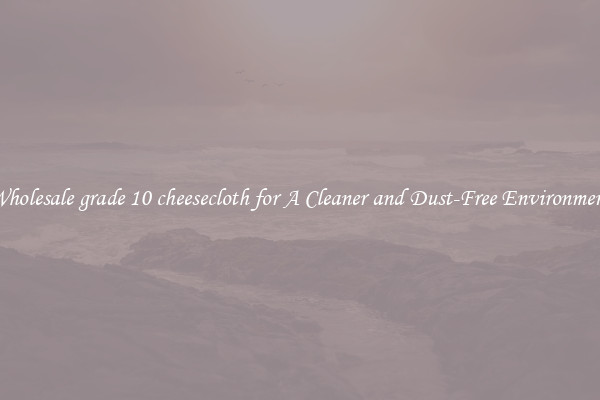
View details

View details

View details

View details
